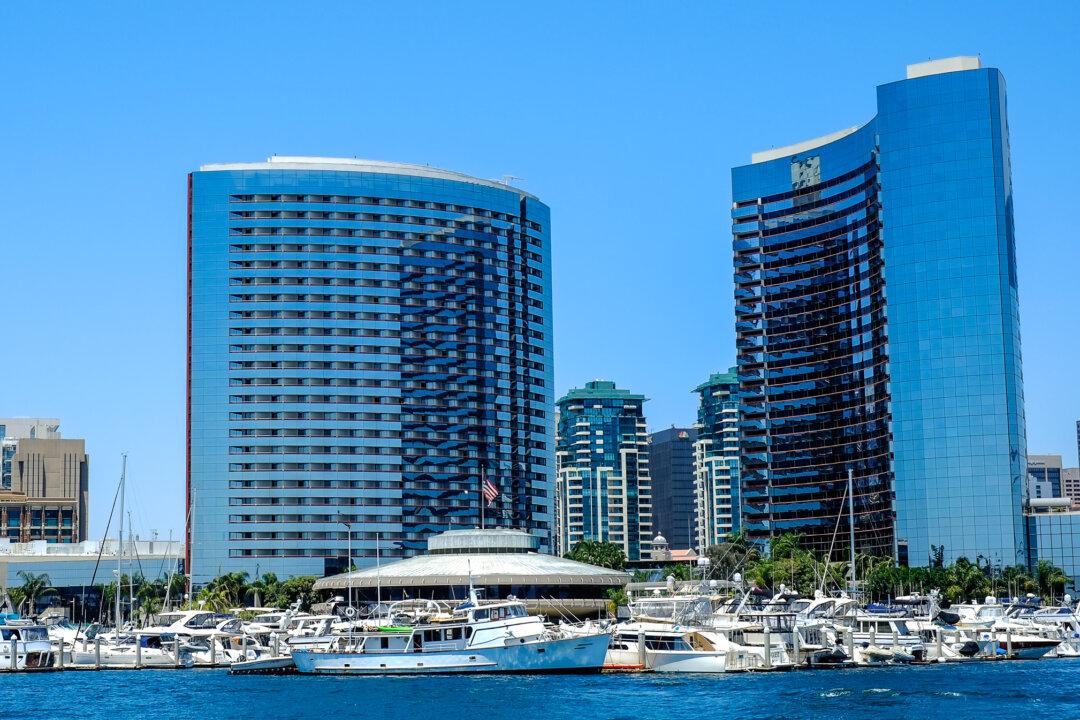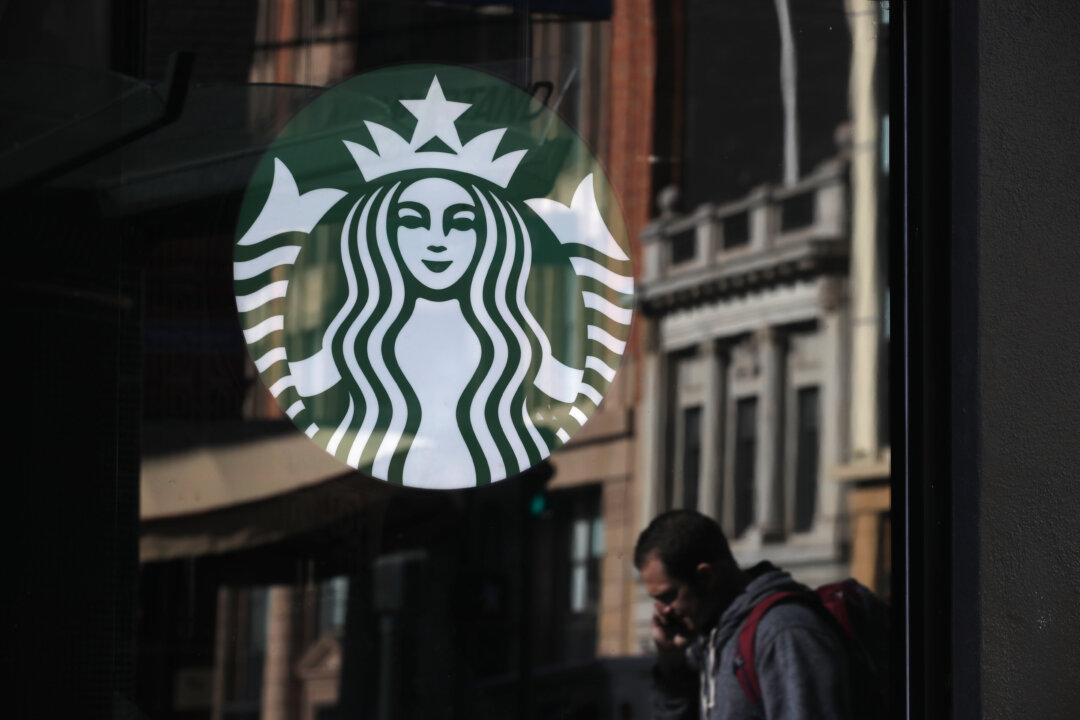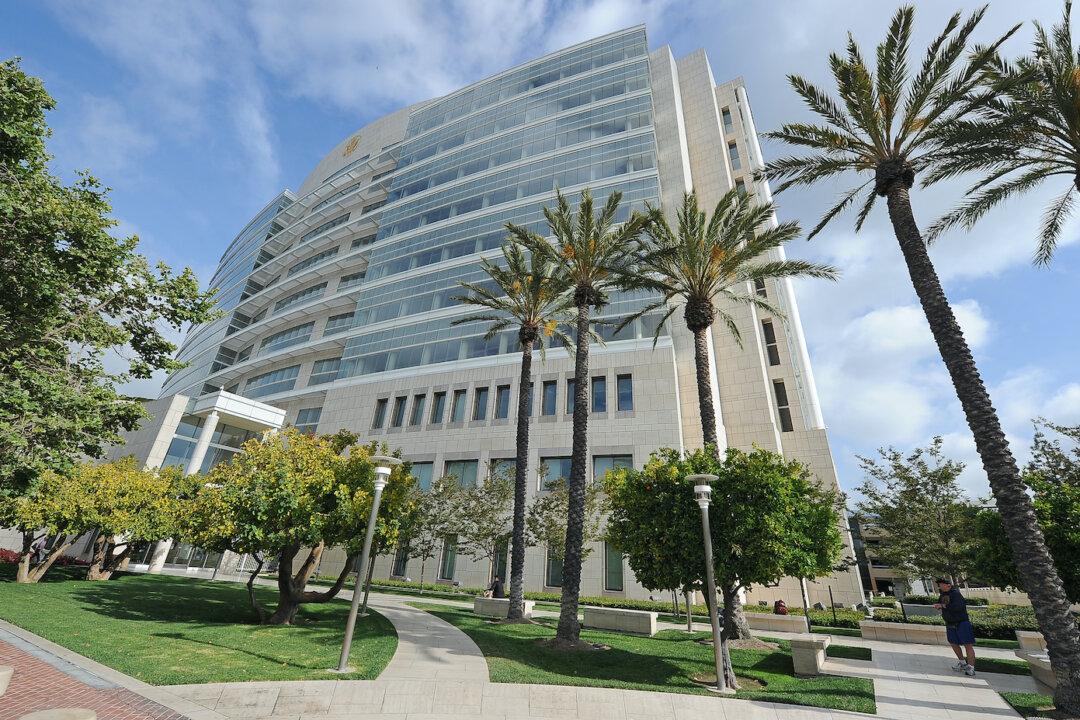In the Nov. 8 election, San Diego voters will decide on one county and four city ballot measures, which could allow taxes on cannabis businesses, impose trash collection fees, and make changes related to the city’s building height limits, construction project rules, and use of parks and recreation centers.
Measure A: County Cannabis Tax
Measure A, if passed, would impose a tax on recreational and medical cannabis businesses in San Diego County’s unincorporated areas—except in cities where there is already such a tax. The tax would generate an estimated $3 million to $5.5 million, which would be used for government services, such as parks and recreation, health care, and fire safety.The tax rates would be 6 percent for retail outlets, 3 percent for distribution, 2 percent for testing, 3 percent—or $10, which can be adjusted for inflation—per canopy square foot of cultivation, and 4 percent for other cannabis businesses.




